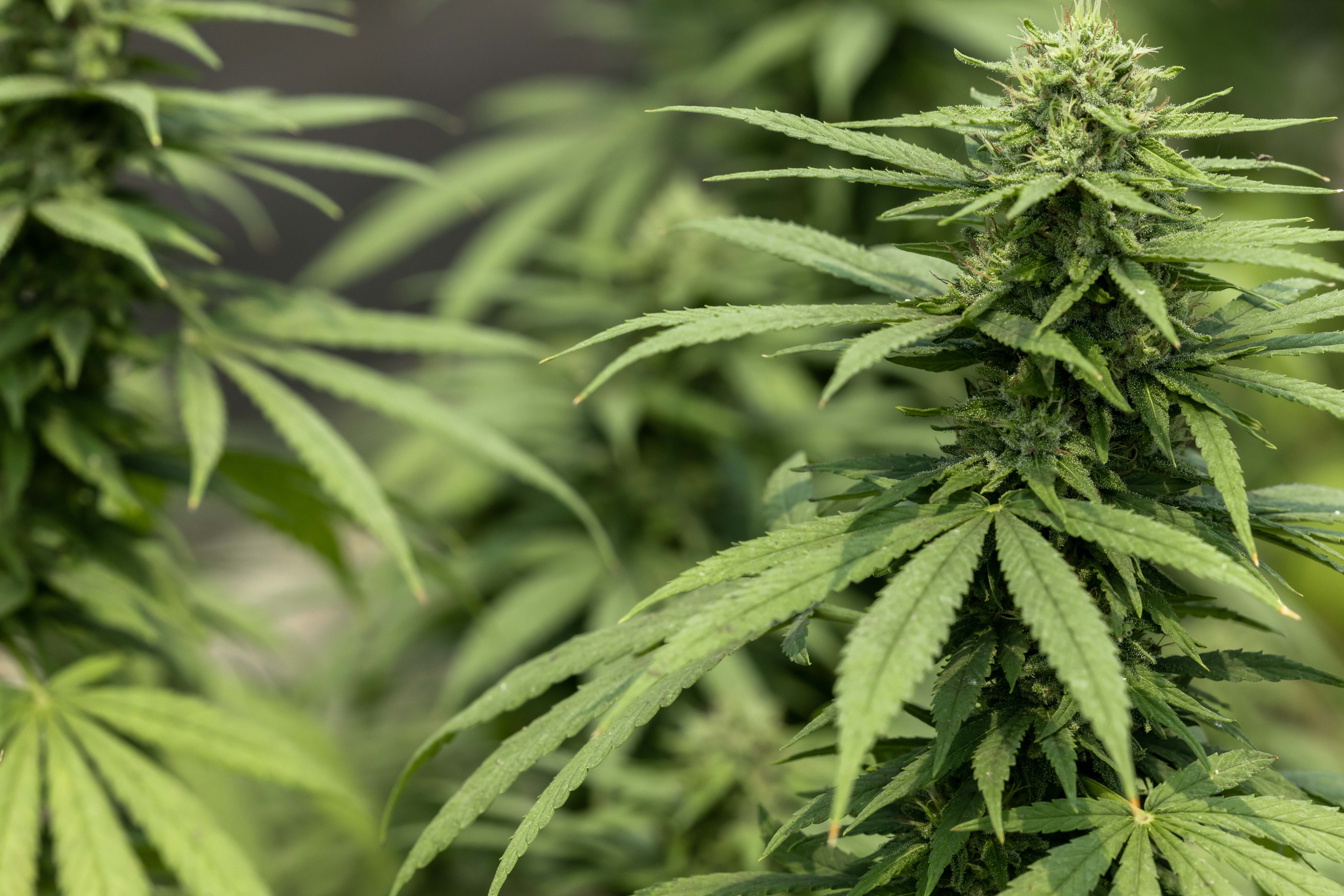CBD's Impact on Liver Function During Intense Exercise: Results from a Recent Study
The study aimed to evaluate short-term, repeated use of low dose CBD and intense exercise.
Image | adobe.stock/Kalyakan

A recent study examined the effects of exercise and cannabidiol (CBD) on liver and kidney function. The randomized, three-arm, double-blind, crossover study, “Short-term repeated oral intake of low dose cannabidiol: effects on liver enzyme activity and creatinine concentration during intense exercise,” was published in Archives of Toxicology in December 2024. As noted in the abstract, damage to the liver is the most commonly reported adverse effect for CBD, though the threshold for liver toxicity in humans has not yet been firmly established.
In this study, 17 well-trained and healthy participants, designated as either advanced (Ad) or highly advanced (Hi) athletes, were given one of two products (oil and solu) each containing 60 mg CBD. They participated in a high-intensity exercise protocol in microcycles over seven days, analysis of enzymes taken before and after each one.
Highlighted results reported in the abstract included (1):
- Oxaloacetate transaminase (GOT) increased significantly in both performance levels of the placebo groups. This increase was significantly reduced in the Ad group by both CBD oil and CBD solu
- Glutamate pyruvate transaminase (GPT) also increased significantly in both placebo groups. This increase was significantly reduced in the Ad group by both CBD oil and CBD solu. These effects were not observed in the Hi group for either parameter.
The researchers concluded that, “Our results show that short-term repeated use of 60 mg CBD can inhibit exercise-induced liver activity. Furthermore, under the conditions of the present study, there was no evidence for hepatotoxic effects of oral intake of CBD at 60 mg for seven days.” They also noted that this research did provide evidence of CBD’s effects on the liver at low doses. Adverse effects in individuals with sensitivities were not included.
Earlier this year, the University of Colorado Boulder and the University of Colorado, Anschutz Medical Campus conducted a study to test the effects of the cannabinoids THC and CBD on exercising. This study collected data and surveys from 42 runners—who were also regular cannabis users—while exercising first without cannabis and after consuming a cannabis flower product. The participants described a more positive exercise experience and “runner’s high” symptoms when exercising after consuming cannabis, particularly in the CBD group, but those in the THC group said running was noticeably more difficult. The authors explained that one of the goals of the study was to address the common concern of the potential sedentary effects of cannabis, while also hypothesizing that some forms of cannabis can potentially give a boost to those who struggle to exercise.
Reference
- Isenmann, E.; Lachenmeier, D.W.; Flenker, U.; Lesch, A.; Veit, S.; Diel, P. Short-term repeated oral intake of low dose cannabidiol: effects on liver enzyme activity and creatinine concentration during intense exercise. Arch Toxicol 2024. DOI:10.1007/s00204-024-03904-1